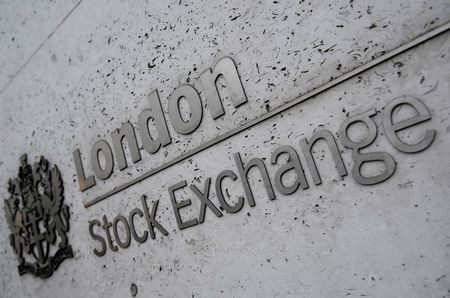London Stock Exchange blocks trading of Russian firms after sell-off frenzy

The London Stock Exchange (LSE) has blocked trading of 27 Russia-linked firms today after their value plummeted as investors scrambled to sever ties with Russia and limit their exposure to Western sanctions.
Global depository receipts of Rosneft, Sberbank of Russia, Gazprom, En+ and Lukoil are among those to be suspended with immediate effect as the LSE looks to steady the market after a frenzy of selling.
The LSE said in a statement: “Further to recent sanctions in connection with events in Ukraine, in light of market conditions, and in order to maintain orderly markets, the London Stock Exchange has suspended the admission to trading of the instruments …with immediate effect.”
The firms have their primary listing in Moscow but have seen global depository receipts traded in London plunge in value as investors look to dump Russian assets and limit their exposure to the impact of sanctions.
Russia’s largest lender Sberbank saw its value fall 95 per cent on Wednesday after western nations slapped sanctions on its ability to deal with the West.
LSE’s move to block trading in the lender came after the European Central Bank ordered the closure of the bank’s European arm and the bank said it was facing a run on deposits.
Sberbank said it would quit the European market in light of the news.
“In the current situation, Sberbank has decided to leave the European market,” it said in a statement yesterday. “The group’s subsidiary banks have faced abnormal cash outflows and threats to the safety of its employees and branches.”
Russian gas giant Gazprom has similarly found itself isolated as Western partners have dumped their interest and investors have fled the firm.
British gas owner Centrica became the latest to announce it was cutting ties with the firm yesterday, after Shell announced it would dump its joint ventures including ending its involvement in Nord Stream 2.
Gazprom’s global depository receipts had fallen 98 per cent in the past week to trade as a ‘penny stock’ on the London exchange.